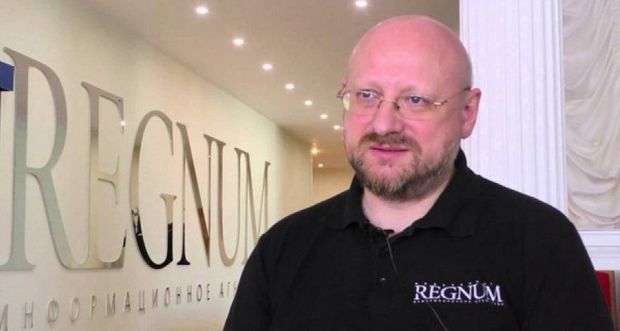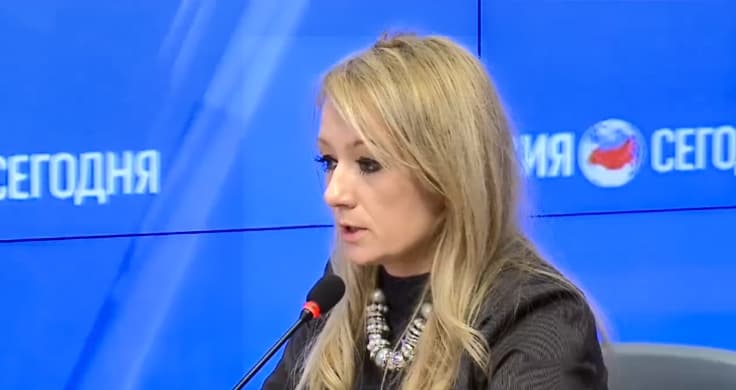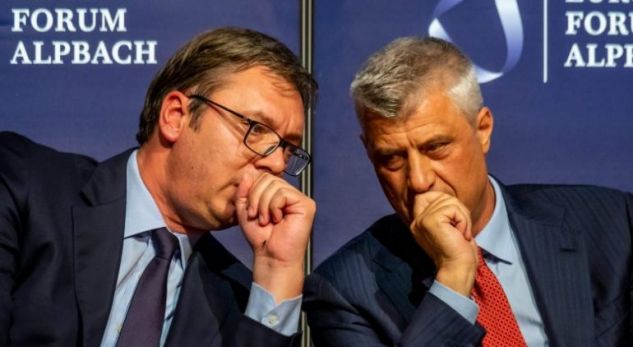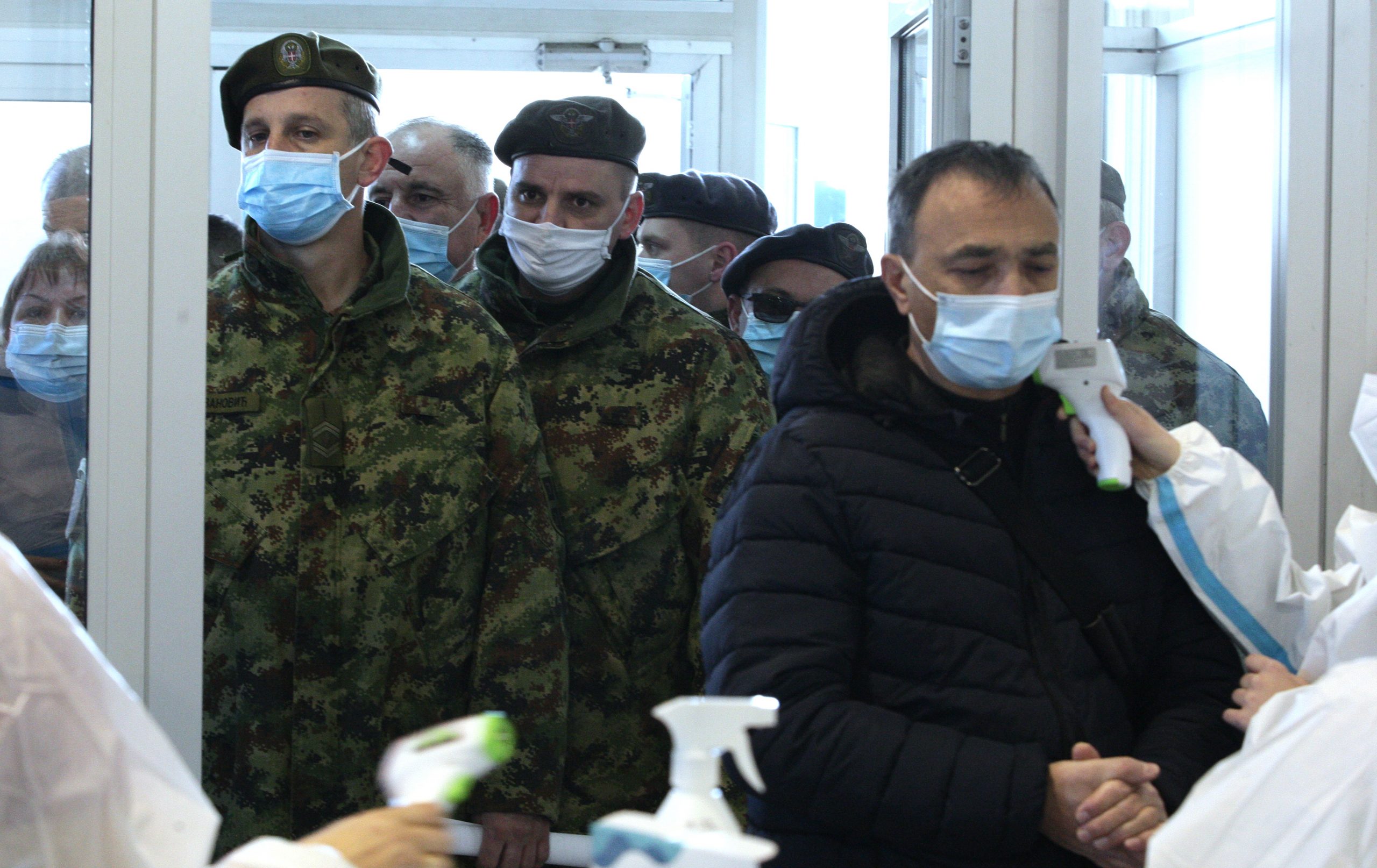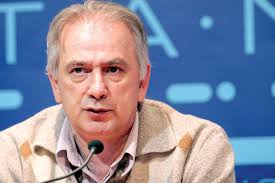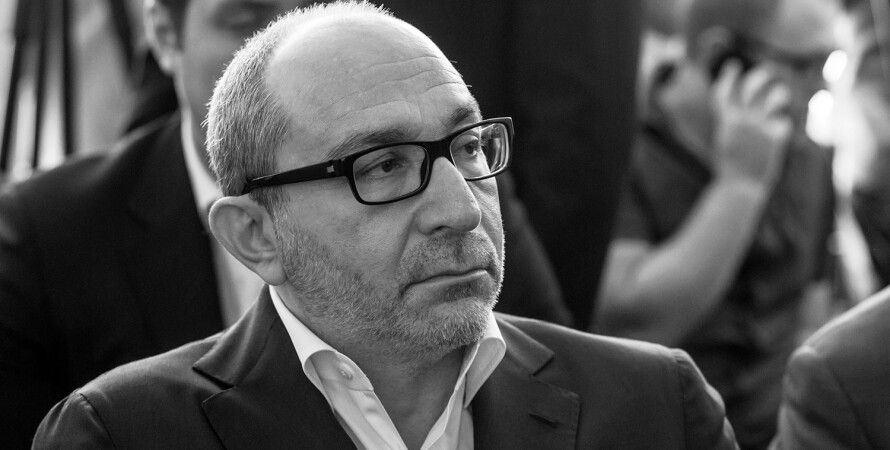Модест Колеров: Цена независности, Косово и „неприхватљива штета“
Пише: Модест Колеров
Проблем српске покрајине Косово традиционално се разматра са два међусобно опречна становништа: са станивишта српских патриота, који поричу сепаратизам, и са становништа Запада, председника Вучића и његових обожавалаца у Москви и московских кабинетних теоретичара спољне политике. Они се залажу за споразум са Косовом по сваку цену, чак по цену признања његове независности од стране Београда, по цену антисрпског апартхејда. Српско становништво покрајине се смањује, његова острвца се налазе у изолацији. 90% албнаског становништва покрајине залаже се за независност у односу на Србију.

